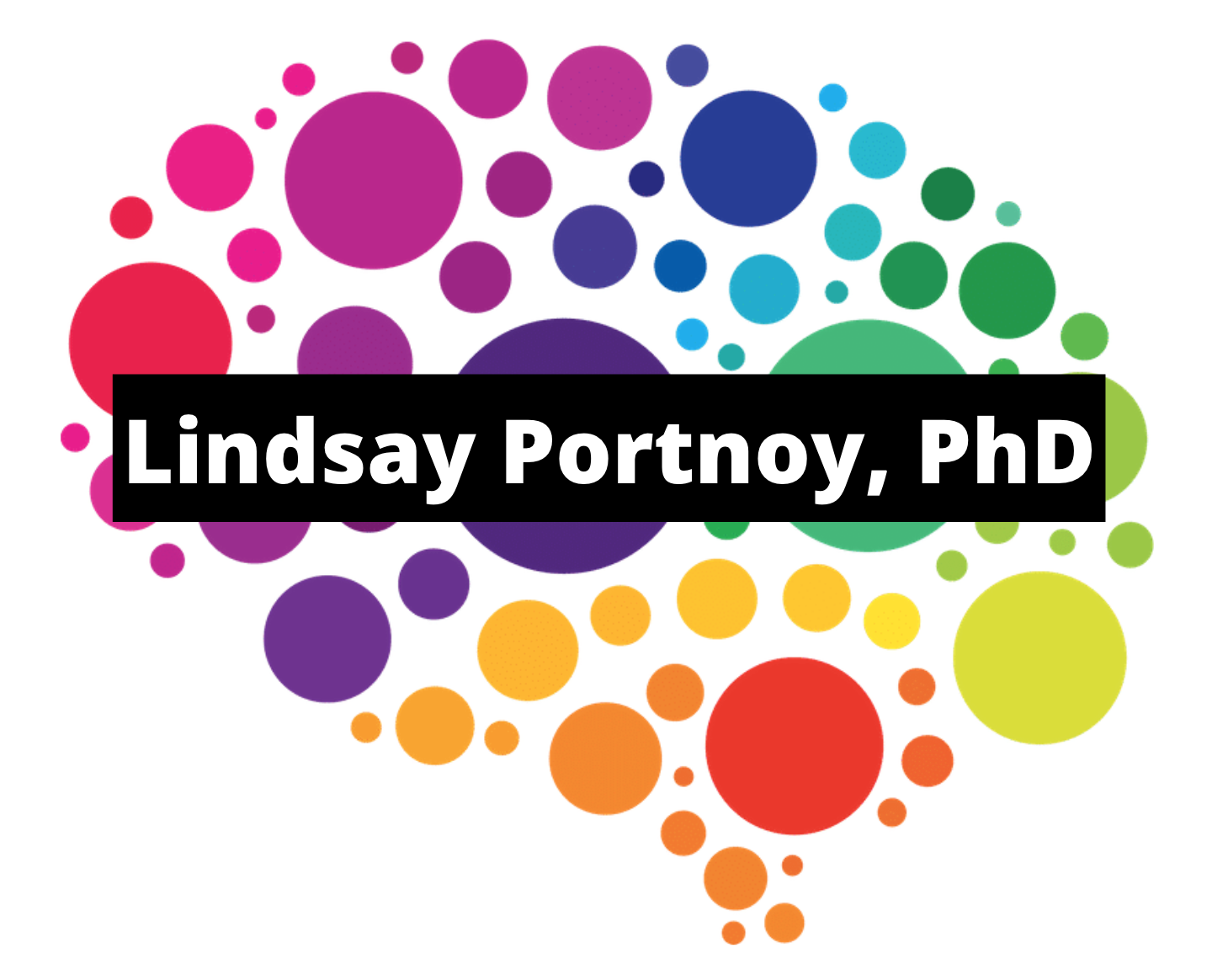This article was originally published in Medium on December 27, 2017 by Lindsay Portnoy
Lean in, practice mindfulness, and don’t forget to be radical! Catch phrases like these are powerful calls to action that often provide solid strategies for those seeking self improvement. And while there’s nothing wrong with catch phrases or their longer cousin the adage, when presented as a ‘short statement expressing a general truth’ they often shackle us rather than set us free.
Here are the five adages that I implore of you to please ditch this year with suggestions for what could possibly replace them:
Wolfgang Riebe quote via Happy Starfish
Practice makes perfect.
This nugget of ‘wisdom’ suggests that if only we tried hard enough we would actually achieve perfection. There are at least two issues with this frame: one, that there is some singularly agreed upon vision of perfection for which we all aspire, and two, that if only you tried harder you would get there.
Thinking like this is prevalent in classrooms and boardrooms and frankly it is detrimental to progress. Yes, we should all practice. We should practice so much that we become so great at something that we can teach others and in the process make the world a better place. But this ideal of perfection feeds into the nonsense that there is always a single correct answer (looking at you standardized test). It does nothing to help people prepare for a future that is as of yet uncertain.
Instead let’s agree to adopt a new adage this year to inspire our friends, loved ones, and colleagues to work hard with flexibility by saying: You can’t make an omelet without breaking a few eggs.
Jane Austen quote via Just Outside the Box
2. Too many cooks spoil the broth.
This one reminds me of those dreaded group projects back in middle school before teachers began assigning roles so each of us had a specific purpose in our shared work. And this is where this adage is wrong. If we’re all cooking it means we’re all involved. Multiple cooks means multiple perspectives. Multiple perspectives require active listening, collaboration, and consensus to ensure that everyone’s views are heard. Many cooks actually ensure that many voices are heard, if we know how to listen.
Perhaps if we meaningfully encourage more people to take part in shared work in boardrooms, shoprooms, or classrooms we can begin to build the skills that are necessary to move us out of the divisiveness we see worldwide?
Let’s encourage more cooks, each with a sense of purpose and shift to using the adage: Two heads are better than one. Because after all, we are better together.
Virgil quote with image via Karl Wimer
3. Fortune favors the bold.
Be bold! The squeaky wheel gets the grease! Surely my Yiddish grandmother authored this one. And yes, speaking up for what you believe is essential, especially when your soup is cold. But it’s also important to relay the message we learned from Horton that sometimes the smallest voice carries the most powerful message.
When looking at reformers or change agents I have to wonder: are the ones making the demands the ones whose lives will be most changed as a result of these changes? Whose voices are heard and whose are silenced?
Working together to support those whose voices are silenced we can adopt a new adage: A chain is only as strong as its weakest link. Remembering that weak links are not synonymous with individuals being weak but instead those are the voices and experiences that must be heard in order to build a better future for all of us.
Image via Dawn of the Lead
4. Beggars can’t be choosers.
This is yet another saying that conjures up memories of bubbe. At her house, this meant the mandatory eating of gefilte fish lest you’re later refused babka. But this is another adage which reeks of the -isms plaguing our current beliefs, limiting our ability to choose and paralyzing progress.
Sure, we often tell our children to finish their broccoli before getting dessert but where this adage takes on heavier baggage is when we imply that someone does not have a choice. Settling, whether for a job or a partner or a even for a say in local government, is never an option.
As an alternative perhaps we adopt a reflective stance and: Do unto others as you’d have done to you. The ability to choose is essential for a sense of purpose life, but taking the perspective of others makes our purpose more meaningful.
Female Sisyphys by MSKeller
5. When the going gets tough, the tough get going.
This suggests that a strong person works harder to push past challenges or that anyone can pull themselves up by the bootstraps to achieve anything. This is one of the most offensive, inaccurate, and most false narratives prevalent today. Theories such as grit, cited as encouragement for our children and ourselves to simply try harder, completely disregard the context in which people work and live.
If you measure success by who is able to provide for themselves and their families, it is less about hard work and more about the giant shoulders upon which you are perched. I don’t mean to discount the hard work of every generation, but when you don’t start out in the red you’re already ahead.
While it is true that hard work is essential to success, so too is collaboration. Which is why this year we should ditch this tired saying and instead proudly share that: A house divided against itself cannot stand.
Ditching these five idioms for their more productive counterparts may begin to shine a light on the real work that must be done to truly set us free.





